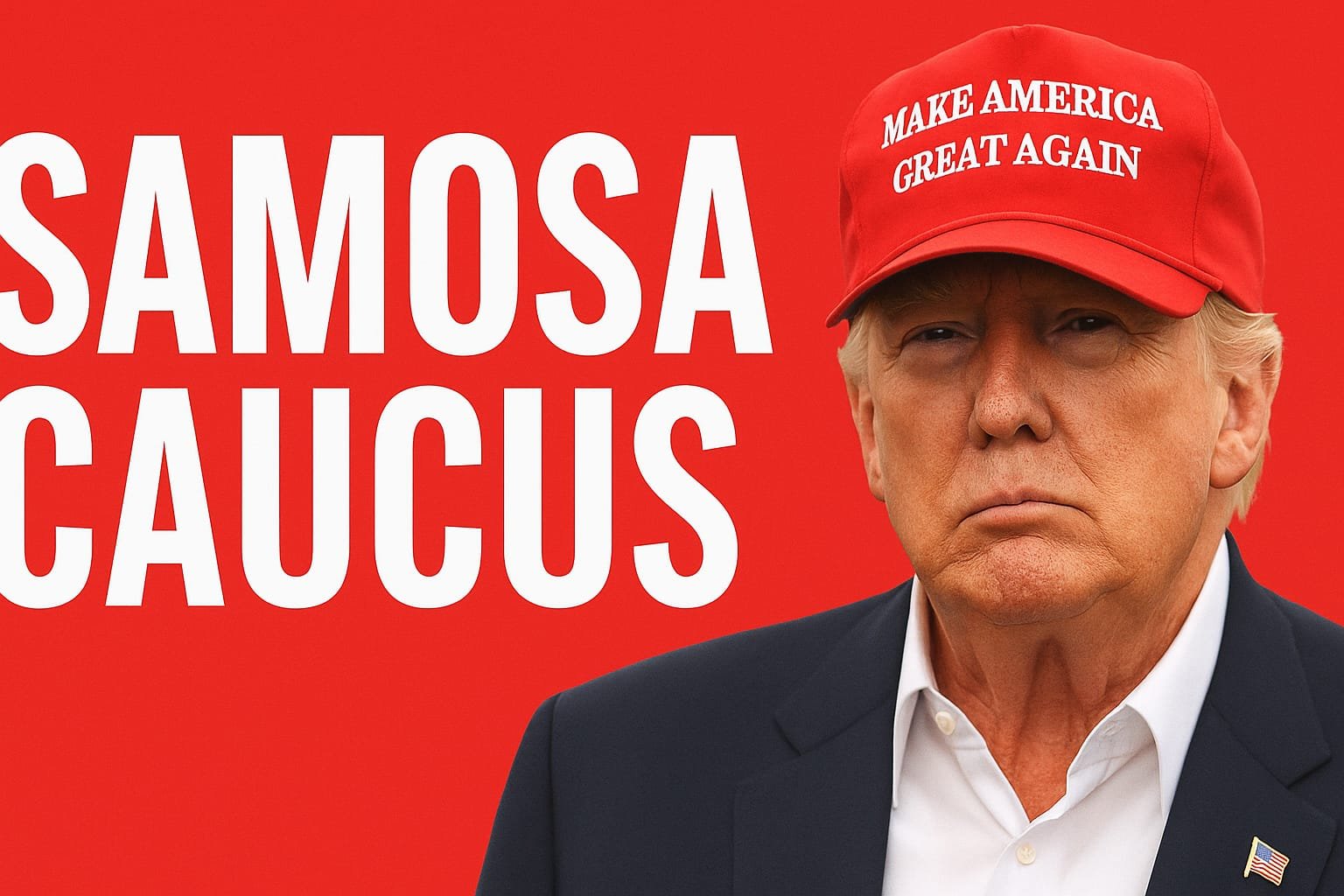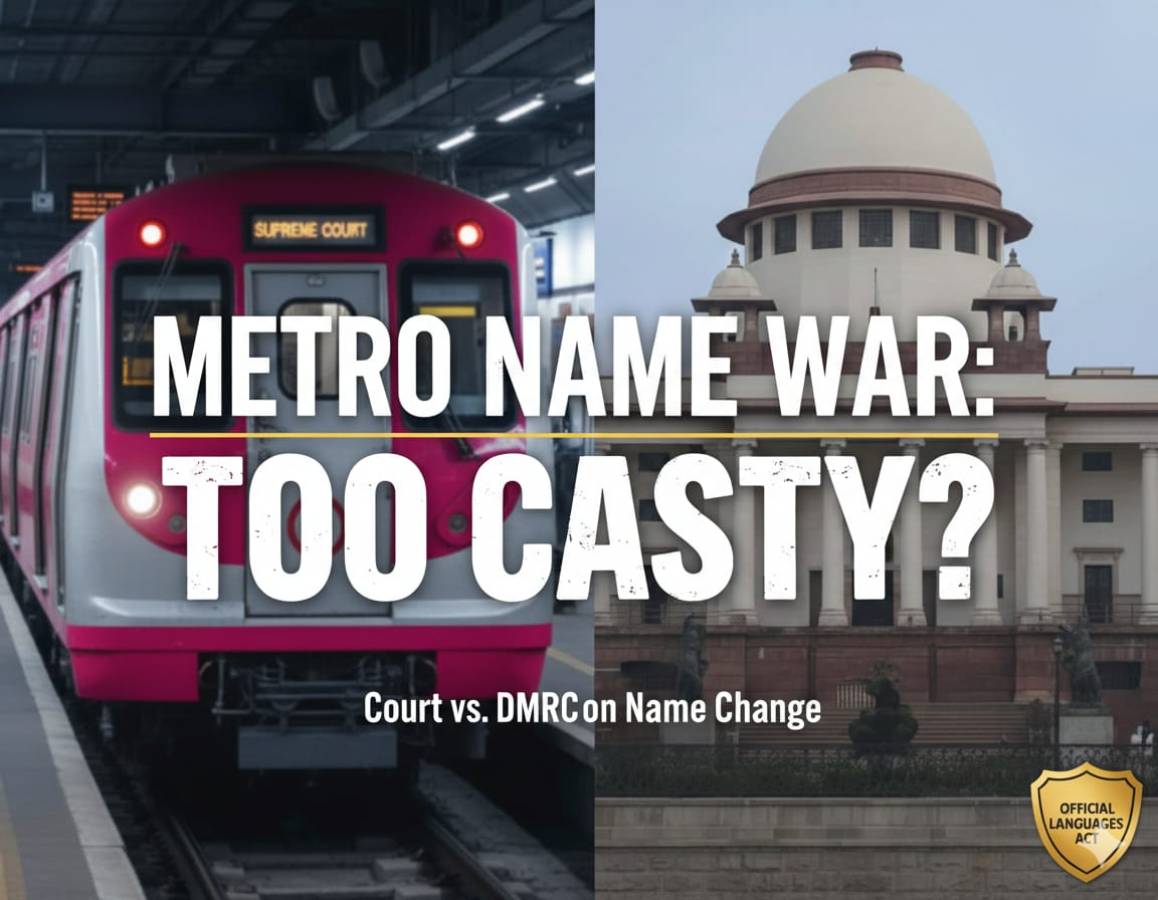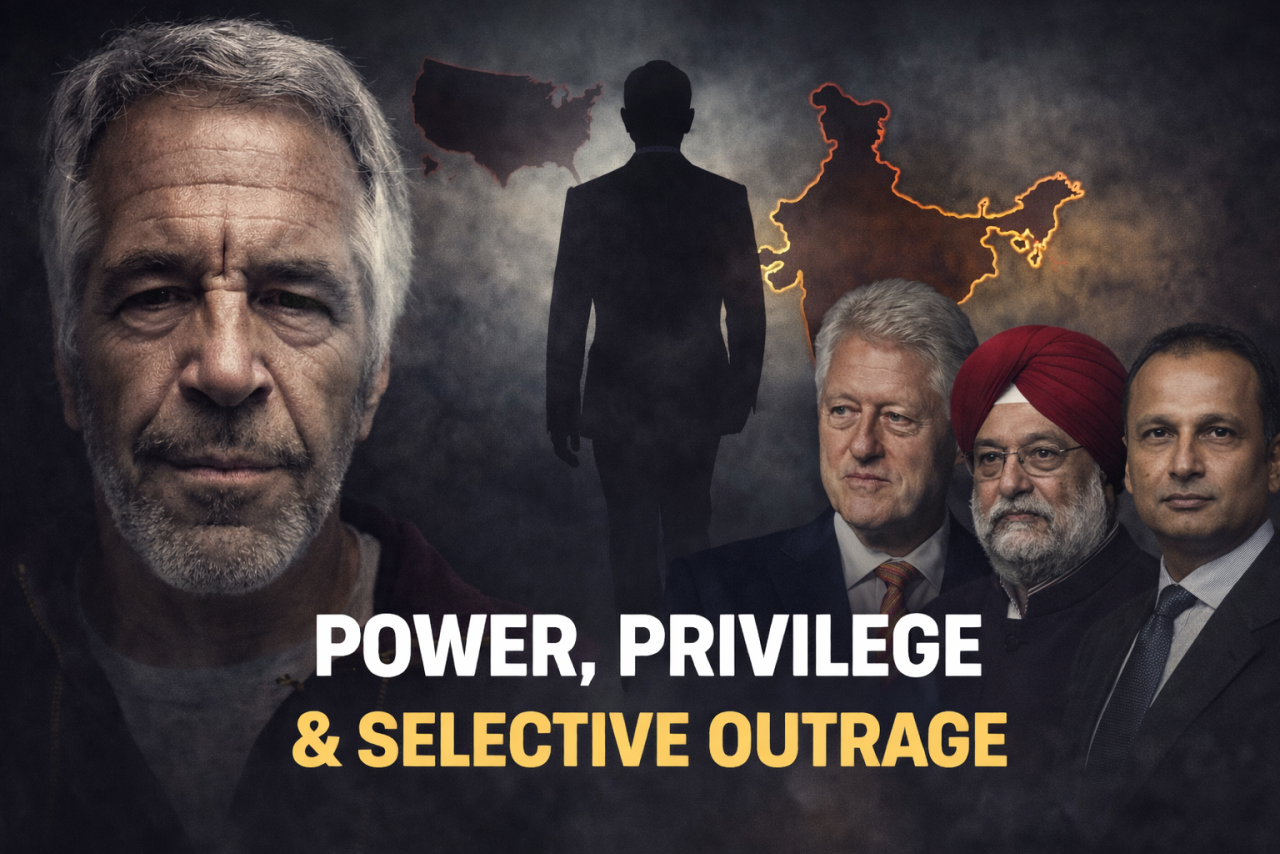
In the sharply divided political landscape of America, where politics often splits families and friends, President Donald Trump has signed a huge $3.4 trillion budget bill. Some people are cheering loudly, while others are deeply worried. At a grand event held at the White House, complete with patriotic music and even a military flyover, Trump called the bill “the biggest victory yet.” But behind all the celebration, this bill includes big tax cuts for the rich, more money to tighten immigration control, and serious cuts to programs that help poor and working families. This has raised concerns not just across the U.S. but around the world as well.
At the center of the bill is Trump’s promise to stick to his campaign goals. It brings back tax cuts, gives breaks to tipped workers, and increases funding to stop illegal immigration. These are some of the key issues Trump has focused on while trying to get re-elected. However, it also cuts back on nutrition programs and Medicaid, which may affect around 18 million Americans, according to the nonpartisan Congressional Budget Office.
Several lawmakers, especially Indian-American leaders in Congress, have criticized the bill. They are part of a group known as the “Samosa Caucus,” including Ro Khanna, Pramila Jayapal, and Raja Krishnamoorthi. They say the bill helps the rich while hurting working-class families.
“This is a huge betrayal,” said Rep. Krishnamoorthi, pointing to the harm done to food aid and the impact on people of color. Rep. Jayapal said, “This budget doesn’t just remove waste — it destroys the core of our country’s support systems.”
The bill also undoes many of the climate efforts started under President Biden’s Inflation Reduction Act of 2022. That earlier law promised over $370 billion for clean energy projects. Trump’s new budget cancels tax credits for solar and wind power, removes support for electric vehicles, and takes away subsidies for renewable energy.
“This is not just a budget change,” said Rep. Ami Bera. “This is a climate disaster.”
Environmental experts also warn that these changes will slow down America’s switch to clean energy. They say this will increase the country’s dependence on fossil fuels and help countries like Russia, which benefit from oil and gas exports.
Financially, the bill seems confusing. It claims it will cut the federal deficit by $4.5 trillion over ten years. But to do that, it reduces support for small-town hospitals and working families. Some rural hospitals may even close. At the same time, wealthy Americans will get big tax breaks — just like they did in Trump’s 2017 tax cuts.
Trump’s supporters, however, are celebrating. “Our country is going to be a rocket ship,” he said. After signing the bill, his approval ratings rose among Republican voters. But many Democrats and independent voters are very worried about what this bill could mean for the future.
Meanwhile, Trump has also brought back talks with China over TikTok. Just days after signing the budget, he said he was reopening negotiations about the app’s ownership and how it handles user data. Some believe this is Trump’s way of shifting attention away from the problems at home.
In the bigger picture, this bill shows how divided America is. Some people want smaller government and fewer taxes, while others believe in strong programs that support the poor and protect the environment. This budget may help Trump stay strong within his party, but it has also sparked a wave of criticism that could shape the future of U.S. politics.
To Trump fans, this bill is a big win. But for millions of others worried about their jobs, healthcare, and the planet’s future, it feels like a dangerous gamble wrapped in red, white, and blue.





















